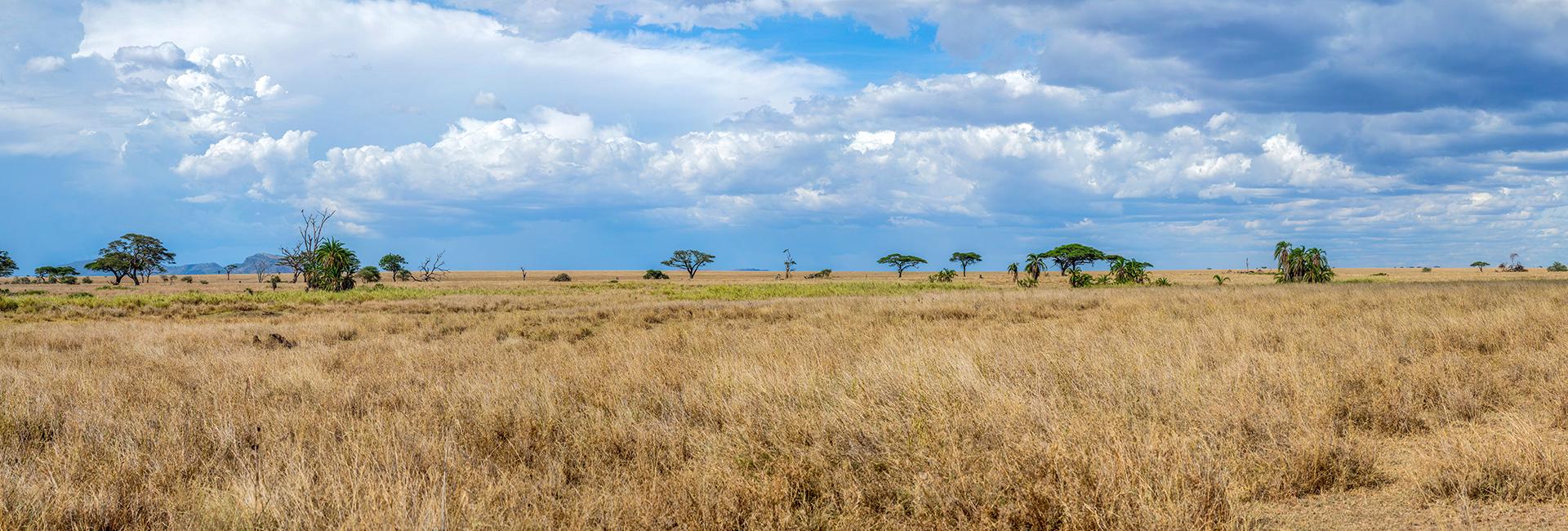A few weeks ago, the Zululand Wildlife Conservation Project team came across an exciting discovery at the Tembe Elephant Park. Whilst monitoring the Tembe wild dog pack, they noticed that WDF3, the alpha female, was pregnant!
Wild dog pups are usually born in the winter months between March and July, due to improved hunting conditions with drier vegetation and shorter grass. For wild dog packs, only the alpha couple will breed, though the whole pack will help to raise the new litter. On average, 7 to 10 pups are born after a gestation period of roughly 69 to 73 days, but as many as 20 pup births have been recorded in a single litter!
An abandoned burrow chosen by the mother will be used as a den sight, though in Tembe, dens have been dug by the females using tree roots as the roof. After giving birth, the mother and pups will typically stay in the den for the first 3 to 4 weeks. For the first few months, the new pups will remain close to the den and following this, they will start to venture out with the pack. They will only start to join in the hunt when they are approximately 12 - 14 months old. In the meantime, they will hone their skills through play and observation. During this time, the pack will also move den sites a few times usually due to flea infestations.
Over the coming months, the monitoring team alongside a local Biodiversity Conservation Authority will monitor the Tembe pack. They will collect such data as the location of the birth den and the size of the litter and continue to monitor them as they grow. By keeping a close eye on the pack, the team will be able to contribute towards well-informed management strategies helping to further the success of the pack and their new members.
We look forward to bringing you updates on how the pack, mother, and soon-to-be pups’ progress!











